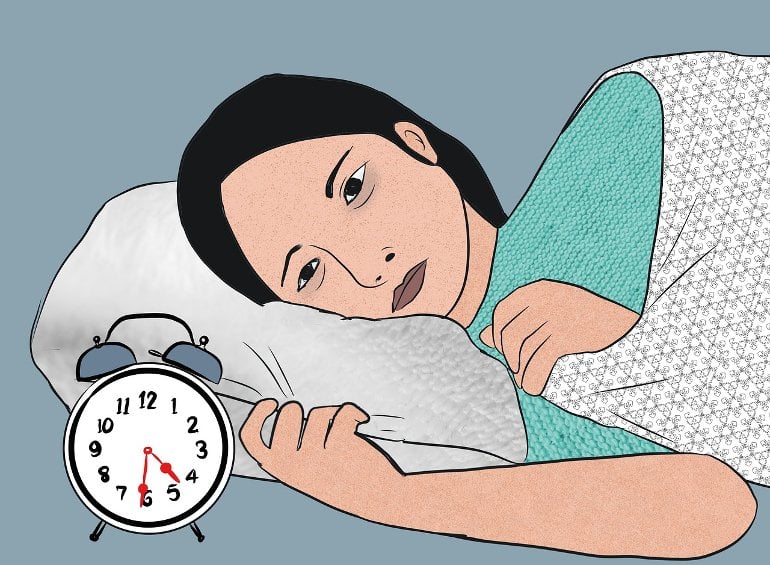
“Multidimensional Sleep and Cardiometabolic Risk Factors for Type 2 Diabetes: Examining Self-Report and Objective Dimensions of Sleep” by Lisa Matricciani et al.
Multidimensional Sleep and Cardiometabolic Risk Factors for Type 2 Diabetes: Examining Self-Report and Objective Dimensions of SleepThe purpose of the study was to determine the association between objective and self-report measures of sleep and cardiometabolic risk factors for type 2 diabetesCardiometabolic risk factors for type 2 diabetes were examined in terms of body mass index and biomarkers of inflammation and dyslipidemia
Generalized estimating equations, adjusted for geographic clustering, were used to determine the association between measures of sleep and cardiometabolic risk factors
Both objective and self-report measures of sleep were significantly but weakly associated with cardiometabolic risk factors
Both objective and self-report measures of sleep are significantly associated with cardiometabolic risk factors for type 2 diabetesSelf-report troubled sleep is associated with poorer cardiometabolic health, independent of actigraphy-derived sleep parameters